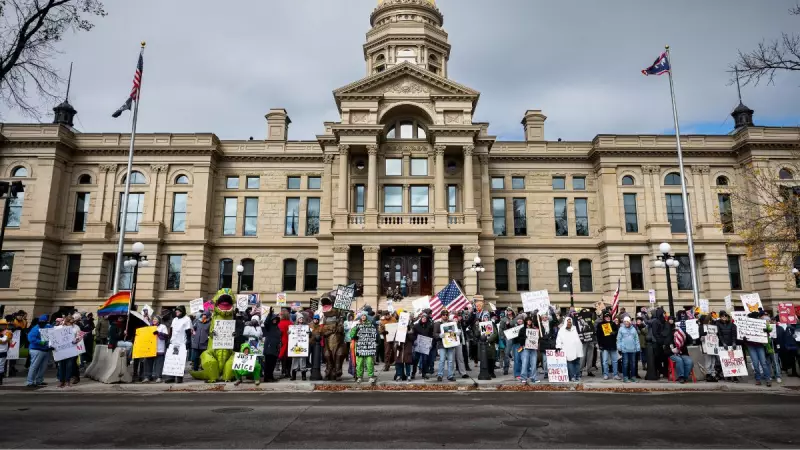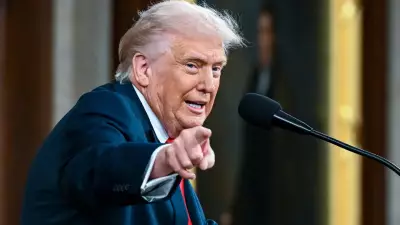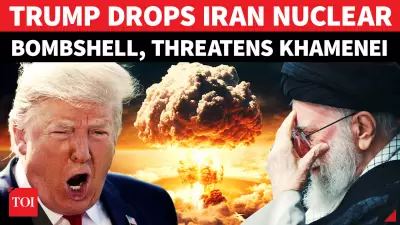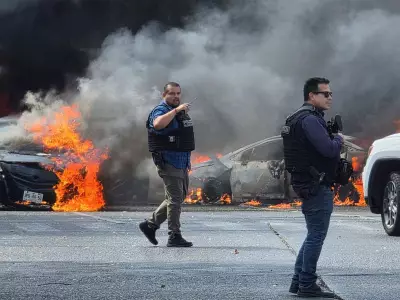
Thousands of Americans took to the streets in coordinated protests across the United States, voicing strong opposition to former President Donald Trump's claims of presidential immunity. The massive demonstrations, organized under the banner "No Kings," represent one of the largest public mobilizations since Trump's return to political prominence.
Nationwide Demonstrations Gain Momentum
Protesters gathered in major cities including Washington D.C., New York, Chicago, and Los Angeles, carrying signs that read "No Kings in America" and "Democracy Not Monarchy." The movement has gained significant traction through social media platforms, with organizers emphasizing the non-partisan nature of their cause.
Trump's Firm Response
Addressing the growing unrest, President Trump remained defiant in his position. "I'm no king," he stated during a press briefing, while simultaneously defending the concept of broad presidential powers. "But let me be clear - the office of the presidency deserves respect and protection from endless political attacks."
Legal Battles Intensify
The protests coincide with ongoing legal challenges surrounding Trump's claims of immunity from prosecution. Legal experts note that the Supreme Court may ultimately need to weigh in on the constitutional questions raised by these arguments.
Public Sentiment Divided
Recent polls indicate deep divisions among Americans regarding presidential powers. While supporters argue that strong executive authority is necessary for effective governance, opponents warn that expanding immunity could undermine democratic checks and balances.
What's Next for the Movement?
Organizers have announced plans for continued demonstrations, with additional rallies scheduled in state capitals nationwide. The movement shows no signs of slowing down as both sides dig in for what appears to be a prolonged political and legal battle over the nature of presidential power in America.
The coming weeks will be crucial in determining whether this grassroots movement can maintain its momentum and what impact it might have on both public opinion and legal proceedings.






